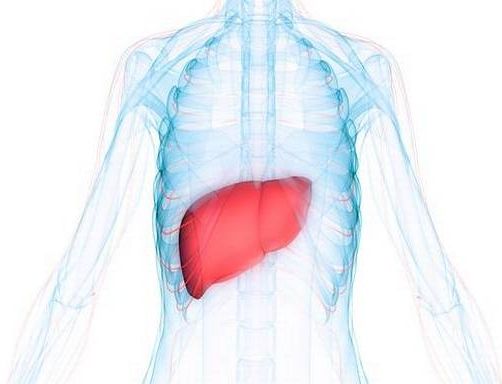Blood stem cells are produced in the bone marrow, yet new evidence from mice studies suggests that proteins produced in the liver help maintain the production of these critical stem cells from afar. Haematopoietic stem cells (HSCs), which differentiate into various blood cells, are largely produced and maintained by specialised cells that also reside in the bone marrow. However, emerging evidence hints that HSC behaviour is affected via long-range signals originating from a distant part of the body in mammals. To pinpoint the origins of these mysterious signals, researchers investigated which organs in mice produced a key protein called haematopoietic cytokine thrombopoietin which is known to help maintain HSCs, called haematopoietic cytokine thrombopoietin (TPO). The protein, it emerged, was enriched in osteoblasts, mesenchymal stromal cells, and the liver. The researchers found that knocking out TPO production in osteoblasts and mesenchymal stromal cells had little effect on the maintenance of HPCs. However, when they blocked production of TPO in liver cells, this resulted in a 24-fold reduction of HPCs in the bone marrow. The findings appear in the journal Science.
Read more










Comments are closed.